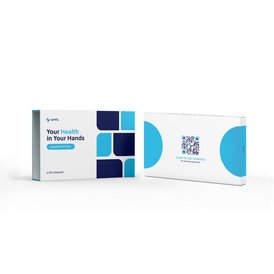STI Information
Discover a comprehensive resource on sexually transmitted infections (STIs). Gain valuable insights about their causes, symptoms, prevention, and treatments. Empower yourself with reliable information to make informed decisions about your sexual health. Explore our resources and take control of your well-being.
Common Questions About STIs
Facts and Information About Specific STIs
Our At-Home STI Kits
Our tests are convenient, safe, and secure, allowing you to test from the privacy of your home.



